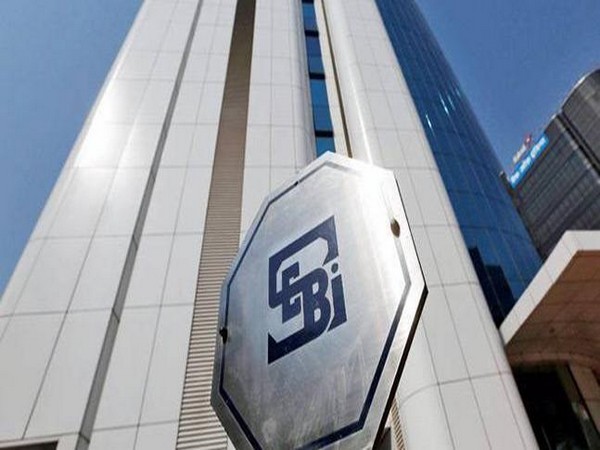Sebi comes out with framework for recovery expense fund
The creation of such a fund will enable a debenture trustee to take prompt action for enforcement of security in case of a default. In a circular, Sebi said the issuer proposing to list debt securities will deposit an amount equal to 0.01 per cent of the issue size subject to maximum of Rs 25 lakh per issuer towards the Recovery Expense Fund (REF) with the designated stock exchange as disclosed in its offer document.

- Country:
- India
Sebi on Thursday came out with a framework for creation of a recovery expense fund by an issuer company proposing to list debt securities. The creation of such a fund will enable a debenture trustee to take prompt action for enforcement of security in case of a default.
In a circular, Sebi said the issuer proposing to list debt securities will deposit an amount equal to 0.01 per cent of the issue size subject to maximum of Rs 25 lakh per issuer towards the Recovery Expense Fund (REF) with the designated stock exchange as disclosed in its offer document. The issuer company would create such a fund at the time of issuance of debt securities that may be utilised by Debenture Trustees (DTs) in the event of default for taking appropriate legal action to enforce the security.
The issuer will deposit cash or cash equivalent, including bank guarantees, towards contribution to this fund at the time of making the application for listing of debt securities. The designated exchange will invest cash in government securities or treasury bills or fixed deposit with a scheduled commercial bank or debt mutual funds and the interest earned will be added to the REF of the issuer.
The issuer will ensure that the bank guarantee remains valid for a period of six months post the maturity date of the listed debt security. Further, the issuer will keep the bank guarantee in force and renew the bank guarantee at least seven working days before its expiry, failing which the designated stock exchange will invoke such a guarantee..
In case of any change in status of issuer of the listed debt securities on account of corporate restructuring, the designated exchange will make sure that the amount maintained in the REF is available before issuing the 'Observation letter' in that regard. In the event of a default, Sebi said the DT concerned will obtain the consent of holders of debt securities for enforcement of security and will inform the same to the designated exchange. The exchange will release the amount lying in the REF to the DT within five working days of receipt of such an intimation.
The DT will keep a proper account of all expenses incurred out of funds received from the REF for legal expenses, cost for hosting meeting, among others, towards enforcement of security. In respect of refund of the REF to the issuer, the regulator said the balance in the REF will be refunded on repayment to holders of debt securities on their maturity or at the time of the exercise of call or put option for which a 'No Objection Certificate (NOC)' will be issued by the DT to the designated exchange.
"The DT shall satisfy that there is no 'default' on any other listed debt securities of the issuer before issuing the NOC," Sebi said. These directions will come into force from January 1, 2021. All the applications for listing of debt and the existing issuers whose debt securities are already listed on stock exchange would be given additional time of 90 days to comply with the directions.
(This story has not been edited by Devdiscourse staff and is auto-generated from a syndicated feed.)
- READ MORE ON:
- 'No Objection Certificate
- DT










